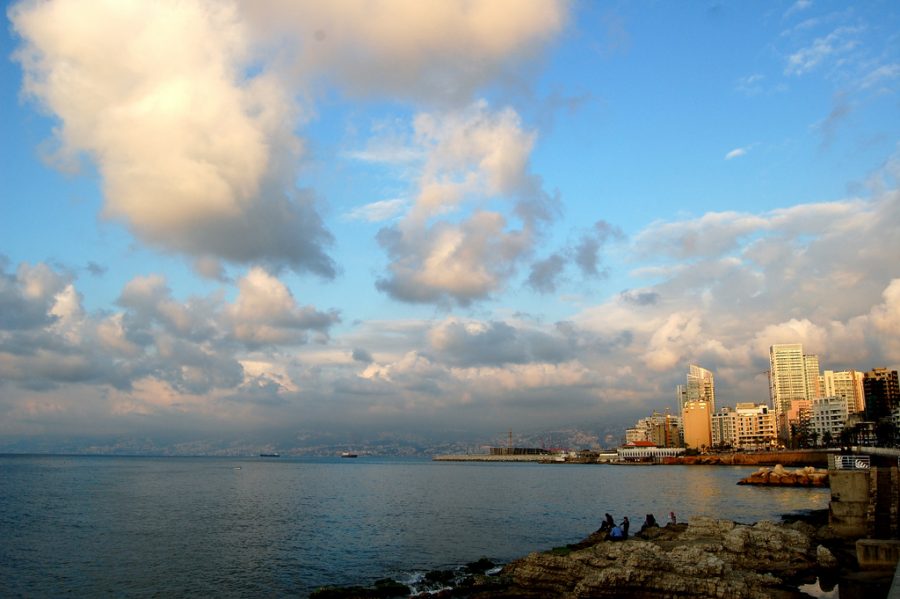About a month has gone by since the devastating Beirut port explosion. This explosion left upwards of 135 people dead, 5,000 injured and damaged 300,000 homes. This explosion was one of the largest that the world has seen and yet after first reports, many media and news outlets have gone silent. Why?
Tragedies in the Western world take up weeks, even months of news coverage either on television, through news outlets or on social media. However, when a bombing, explosion or war breaks out in a developing nation, the media does initial coverage and states the facts but that’s it. Through Western media we are trained to normalize tragedy in less developed parts of the world. The Middle East especially is widely considered a never-ending war zone, so people lose interest. Where is the empathy for developing nations? When the Notre Dame church burned, the world cried and people of all religions mourned the tragedy. And yet, we do not see mourning for the people of Lebanon, the people who have faced civil wars, outside invaders and a corrupt government for years. The world did not pay attention to these harsh realities and now this huge explosion due to a combination of all these factors.
It is stated in a Washington Post article that Notre Dame needed between $330 and $670 million dollars to be rebuilt. They reached above and beyond their goal earning over a billion dollars. A billion dollars to a building. Over a billion dollars to a cause where not a life was lost. I think that exemplifies that we, as Westerners, have confused our priorities. What we want to see, what we pay attention to and what we share truly matters. Our media footprints matter, because they can have such an effect when it comes to awareness and change.
Again, we saw the outcry over the Manchester bombing, the televised concert that was held, the hundreds of millions of dollars that were raised. While this effort was beautiful, it is clear that Western conflict and tragedies hold a much higher place compared to developing nations. People will prioritize Western conflict and news even when the tragedy and the lives lost in other parts of the world are much greater.
One reason for the skewed coverage and attention on less developed countries is the fact that conflict is normalized in these regions. Stephennie Mulder, associate professor of Islamic art and architecture at the University of Texas at Austin, describes the falsity of these tropes and the dangers of them. The truth is that historically the Middle East, which is known to be the “cradle of civilization,” began “quite, well, civilized and complex systems of compromise and coexistence that allowed its diverse peoples, faiths and ethnic groups to live together over very long periods of time.” Islamic rulers were for the most part accepting of the diversity, which makes sense considering its previous range from Spain to India. Point being, in the case of the Middle East, research disproves the theory that there has always been conflict and that it is an innate issue that will continue in that region. Mulder describes these tropes as “damaging and dehumanizing,” and we see this come in to play in the lack of Western support for horrific accidents in developing countries, specifically the Beirut port explosion.
When you go online, listen to the news, or use social media, be aware of what you are liking, sharing and supporting. Be aware of the things going on in regions different from yours, regions far away or regions you do not fully understand. Just because a conflict or issue happens in a non-Western nation, by no means is it less important or consequential.
Kathryn Karam can be reached at [email protected].



















